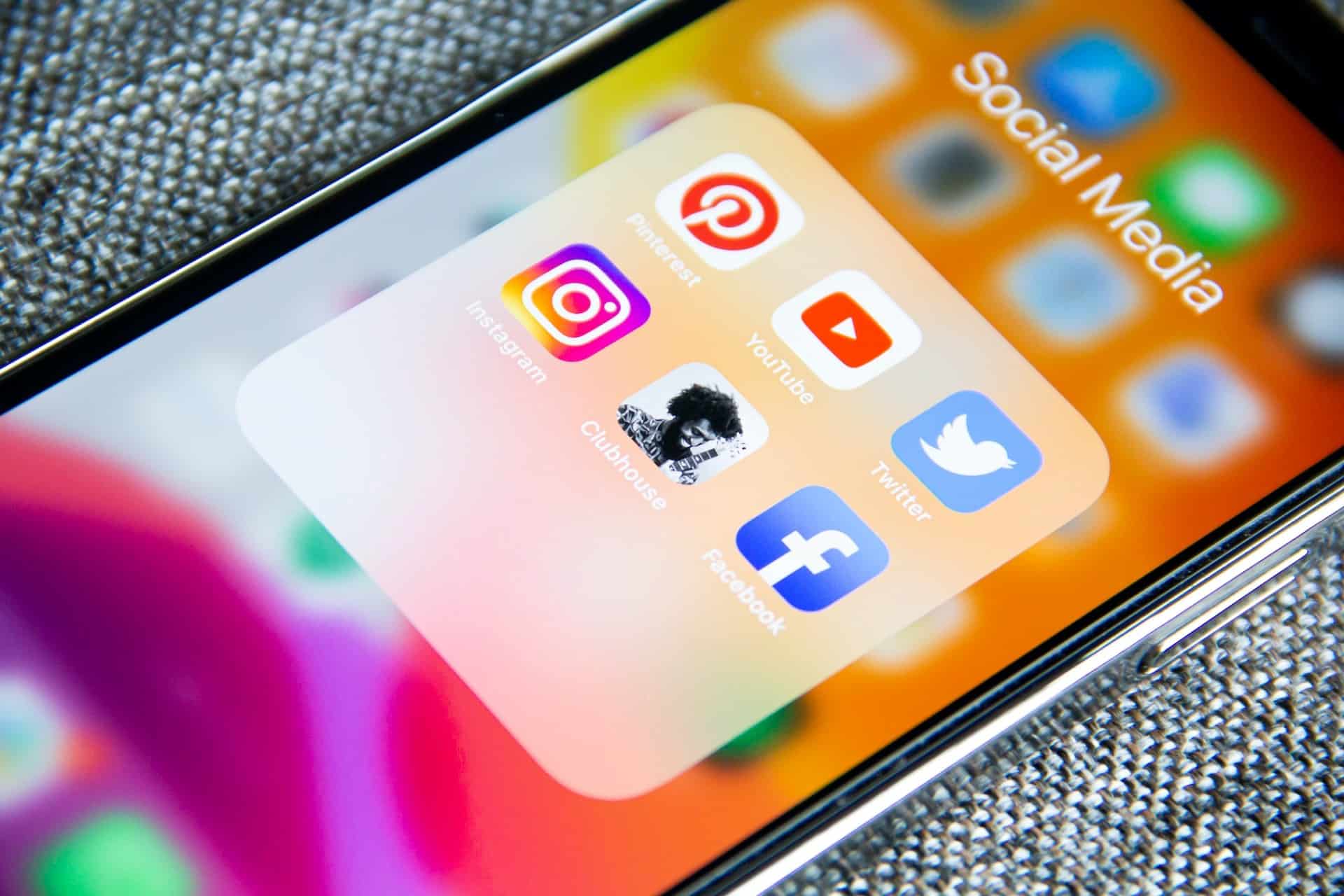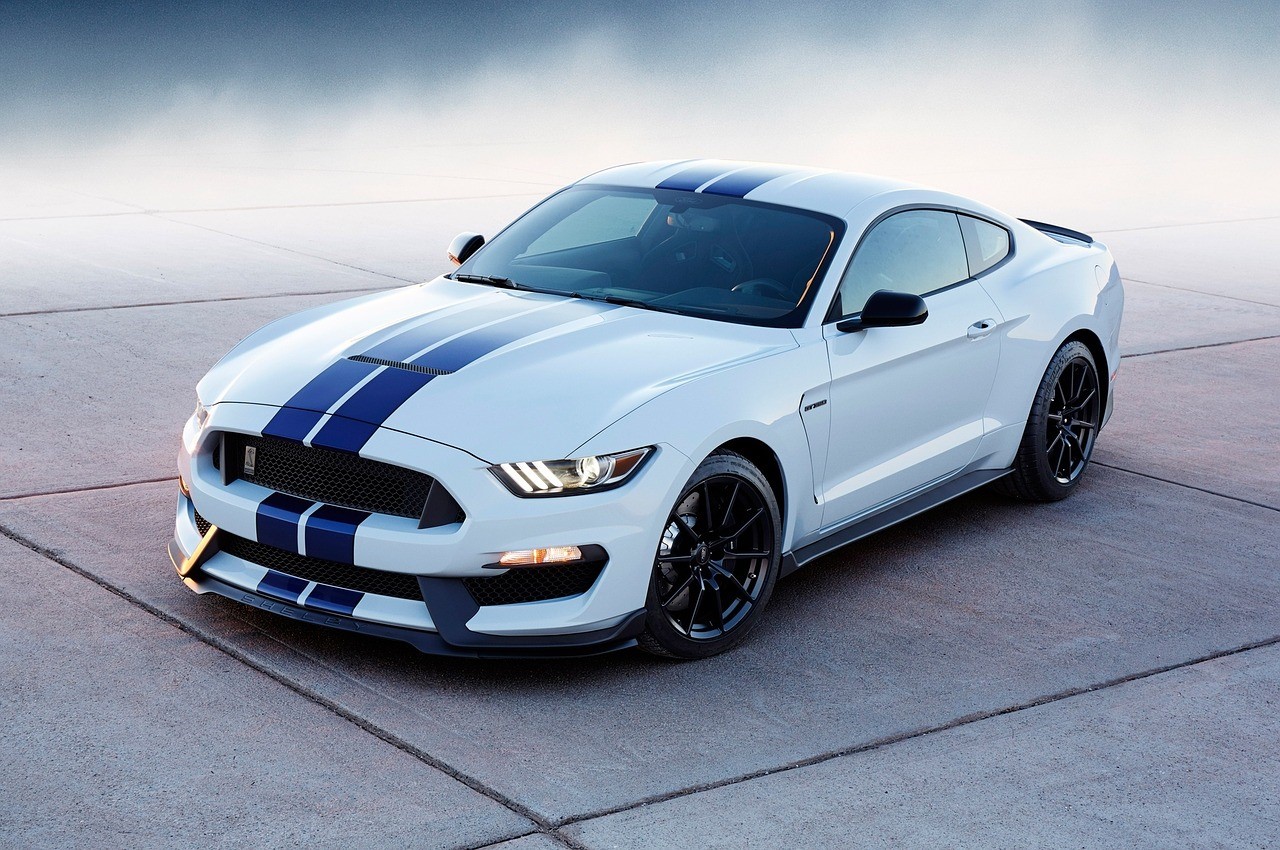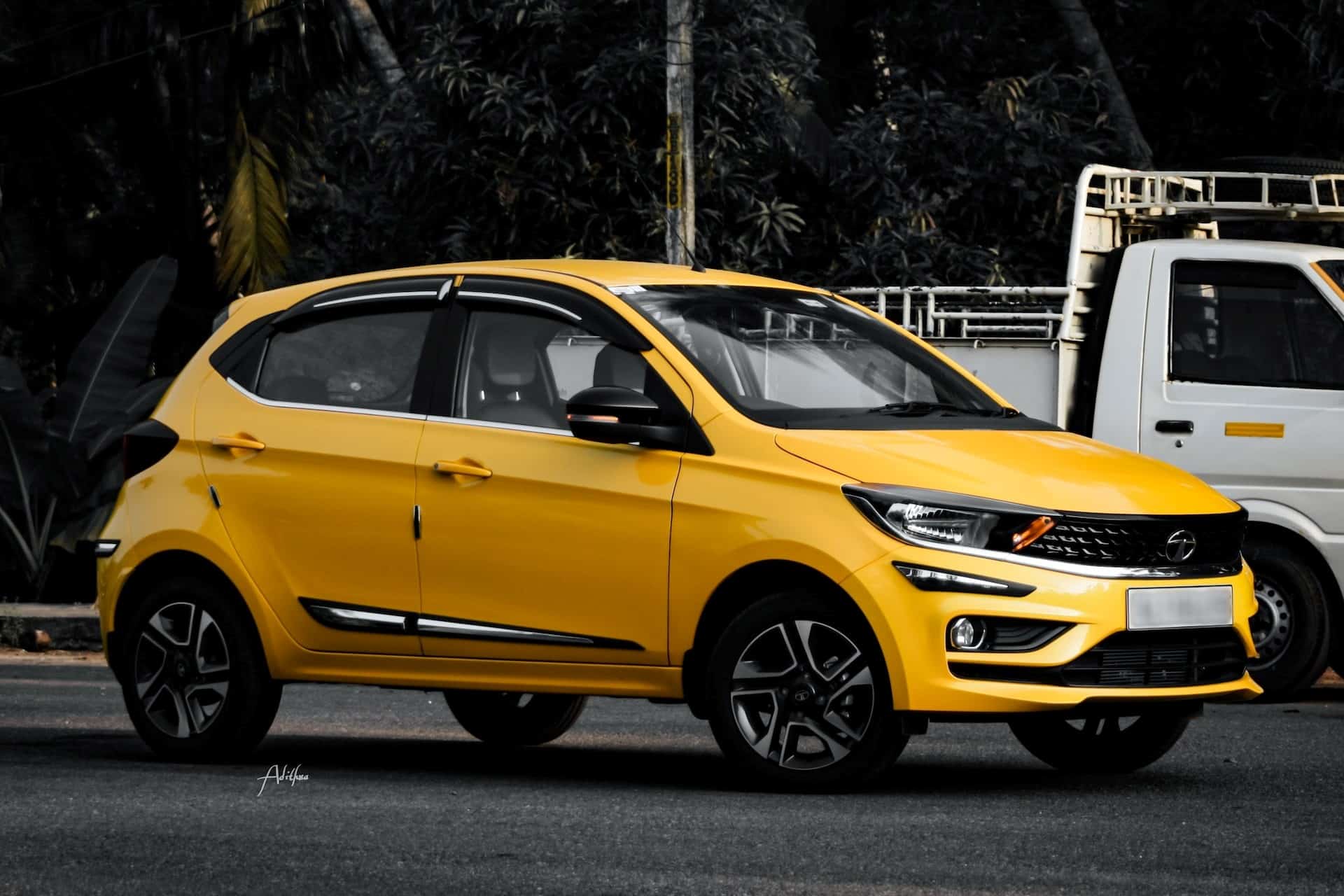Company: BMW Group
Founders: Camillo Castiglioni, Franz Popp, and Karl Rapp
Year founded: March 7, 1916
CEO: Oliver Zipse
Headquarters: Munich, Bavaria, Germany
Employees (FY2019): 133,778
Tpye or Private Sector: Public
Annual Revenue (2019): US$115.83 Billion
Profit | Net income (2019): US$5.58 Billion
Products & Services: Automotive | Motorcycles | Financial Services | Design Works
Competitors: Toyota | General Motors | Volkswagen | Chevrolet | Daimler | Hyundai | Renault Nissan | Ford | Fiat Chrysler Automobiles | Zorya | Koenigsegg | Daimler AG | Honda | Tata Motors
Fun Fact: Did you know that BMW used to make airplanes, and it only got into auto manufacture after the Treaty of Versailles banned all German companies from producing warplanes following World War I?
BMW is one of a few auto brands that has stood the test of time. It is highly recognized and synonymous with high-end luxury and comfort. One thing that makes the brand stand out from the rest is the balance between high quality, style, and performance.
All these qualities are consistently evident in each BMW regardless of the year it was manufactured. Over time, it has expanded to become the BMW Group that manufactures motorcycles and several brands under its growing portfolio. To help you gain insight into the company’s success, here is the BMW SWOT Analysis:
BMW’s Strengths
- High-Quality Products: BMW is obsessed with striking a perfect balance between durability, performance, and high-end luxury. Each car that rolls out of the factory is perfectly engineered to provide state-of-the-art cars for everyday use. [Source 1]
- Experience in Green Technology: Any automaker that has already amassed decades of experience in hybrid and full-electric technology has an immense advantage since eco-friendly is the future. BMW has been working on electric cars since the 1970s. [Source 2]
- Global Operations: BMW has a global sales network and operates more than 30 plants and assembly facilities spread across 140 countries. [Source 3]
- Highly Valuable Brand: By focusing on the needs of the consumer, BMW has built a strong and valuable company. In 2019, BMW was ranked #21 world’s most valuable brand. [Source 4]
- Excellent Reputation: The purchasing decisions for luxury brands rely heavily on the reputation of the brand. As a brand, BMW is one of the most recognized companies for excellence. In 2019, Inter Brand ranked BMW 11th strongest brand out of the top 100 global brands. [Source 5]
- High R&D Investments: R&D is the engine that drives success and long-term sustainability. BMW invests heavily in hybrids, autonomous, and electric cars. [Source 6]
- Effective Strategies: Having a small portfolio eradicates deviation from pre-set strategies. With only three brands under its portfolio, BMW operates very efficiently as a well-oiled German machine relying on highly effective strategies. [Source 7]
- Balanced Geographical Revenues: Having diversified revenue streams from different regions ensures long-term sustainability. BMW has a substantial market share in Europe, America, and Asia and sells hundreds of thousands of cars in each region. [Source 8]
BMW’s Weaknesses
- Negative Publicity: Although BMW had requested subsidies from the German government to cushion the impact of the pandemic, the executive decided to pay more than $1.7bn in dividends. This level of greed in trying times can turn away even the most loyal customers. [Source 9]
- Controversial Recalls: The reputation of automakers declines whenever they recall cars. BMW is recalling nearly 357,000 older models in the U.S. and over 1.4 million globally to replace faulty Takata airbags. [Source 10]
- Several Lawsuits: BMW is engaged in several lawsuits, including an obstruction case in South Korea and collusion over emissions in Europe. Being on the wrong side of the law regularly is a major weakness since it makes it difficult for consumers to trust the company. [Source 11]
- Small Portfolio: While competitors like Volkswagen own several top brands, BMW’s portfolio lacks product differentiation and consists only of BMW, MINI, and Rolls-Royce. [Source 12]
BMW’s Opportunities
- Provide Flexible Options: Millenials and Gen-Z are taking over the consumer market, and they demand flexible transportation. BMW already has the cars and only needs to start a car rental business or develop a car share app to entice this lucrative target market. [Source 13]
- Focus on Emerging Markets: According to Thomas Schaefer, Head of Volkswagen Africa, sub-Saharan Africa has the potential for 3 to 4 million new cars, which is a drastic increase from around 420,000 in 2017. BMW can exploit unsaturated, emerging markets. [Source 14]
- Expand into Self-Driving Sector: Autonomous vehicles in the future. BMW can lay the foundation to exploit the demand in the future. [Source 15]
- Offer Eco-friendly Mobility: The number of eco-conscious consumers is increasing rapidly, along with the demand for greener mobility options. As one of the leaders in the electric car market, BMW is perfectly poised to exploit this demand. [Source 16]
BMW’s Threats
- Looming Global Recession: During periods of economic hardship, consumers reduce or eliminate non-essential expenses like buying a BMW. Currently, major economies are already in a recession in the aftermath of the destruction caused by the virus. [Source 17]
- Rising Manufacturing Costs: Auto manufacturing is influenced by a wide range of competing and complex factors. In 2019, BMW’s second-quarter earnings dropped by 48% due to an increase in the cost of manufacturing. [Source 18]
- Stringent Regulations: As governments adopt stringent laws to combat emissions, it is very easy for any automaker to get in trouble. BMW is facing hefty fines for colluding with Volkswagen and Daimler to block rollout of clean emission technology. [Source 19]
- Possibility of Tariffs: In 2018, BMW and other German automakers visited the White House for talks on trade, which ended with a pause on tariffs for European cars. If trade tensions flare-up in the future, it is highly likely that the U.S. will impose tariffs on BMW and other European cars. [Source 20]
- Effects of the Pandemic: Manufacturing has ground to a halt due to lack of raw materials, while BMW and other carmakers cutting their financial outlooks as a result of the virus. If it persists, BMW’s high profitability can be wiped off. [Source 21]
- Stiff Competition: Just like any other company, BMW is susceptible to loss of customers and market share to stronger competitors like Mercedes and Lexus. [Source 22]
- Changes in Demographic: Millennials are taking over the consumer market, but they don’t want the burden of full-ownership, which can shrink BMW’s target market and profits. [Source 23]
References
- Barbara, S. (2019 January 10). The 2018 BMW X5 Offers Superior Quality with Modern Luxury and Style. Santa Barbara Auto Group
- Berman, B. (2018, November 20). BMW Electric Cars: Past, Present, And Future. Inside E.V.s.
- Begley, E. (2019, June 13). BMW Group continues to grow sales and market share in May. BMW Group
- Forbes Ranking (2020). BMW Group continues to grow sales and market share in May. Forbes
- Interbrand Ranking. (2020). Best Global Brands-2019. Interbrand
- Taylor, E. (2018, March 21). BMW raises R&D spending on electric, autonomous cars. Reuters
- Kraaijenbrink, J. (2019, September 17). Why The End Of The i3 Is Good News For BMW. Forbes
- Bekker, H. (2020, January 13). BMW and Mini Sales Worldwide. Best Selling Cars
- Miller, J. (2020, May 14). BMW mounts a robust defense of dividend payout. Financial Times
- The Associated Press. (2020, January 18). BMW recalls about 357K vehicles for Takata airbag inflators. ABC News.
- Nelsen, A. (2019, April 5). BMW, Daimler, and V.W. charged with collusion over emissions. The Guardian
- Banks, N. (2019, June 18). The Story Behind BMW, Rolls-Royce, And MINI’s Exciting Future Product Strategy. Forbes
- Eliot, L. (2019, August 4). The Reasons Why Millennials Aren’t As Car Crazed As Baby Boomers, And How Self-Driving Cars Fit In. Forbes
- Bavier, J. (2019, April 12). Auto giants battle used car dealers for Africa’s huge market. Reuters
- PR Newswire (2020, April 6). Autonomous Vehicle Market Demand to Reach 4.2 Million Units by 2030. Bloomberg
- Jolly, J. (2019, December 25). 2020 set to be the year of the electric car, say, industry analysts. The Guardian
- Baldwin, R. (2020, April 10). With a Recession Looming, Is This a Safe Time to Buy a Car? Car and Driver
- Taylor, E. (2019, March 15). BMW warns of difficult 2019 as it posts lower 2018 profit. Reuters
- Chee, Y. F. (2019, April 5). Top German carmakers charged with blocking clean emissions technology. Reuters
- Ewing, J., and Glenn Thrush (2018, December 4). Trump Offers German Automakers a Pause on Car Tariffs, for Now. The New York Times.
- Taylor, E. (2020, May 6). BMW cuts outlook sees coronavirus pain lasting all year. Reuters
- Carbrey, R. (2020, March 30). Here’s Why The BMW M3 Is No Longer The “Ultimate Driving Machine.” Hot Cars
- Press Trust. (2019, June 25). Millennials don’t want to own cars, prefer shared mobility: Deloitte study. Business Standard
- Featured Image by Toby Parsons from Pixabay
Tell us what you think? Did you find this article interesting?
Share your thoughts and experiences in the comments section below.












Add comment